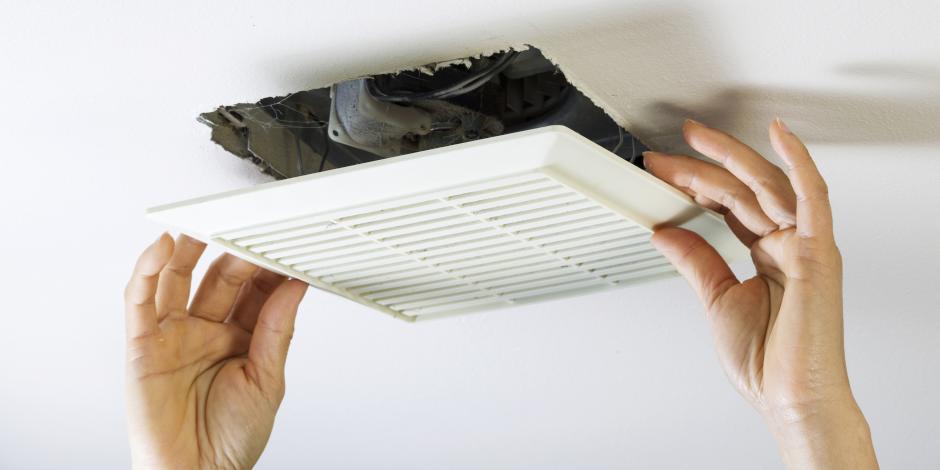- Homebuyers
- Home Owners
- Home Performance
- Rental Housing
- Housing Development
- Community Programs

Although it may seem counterintuitive, indoor air is often two to five times more contaminated than outdoor air, according to the EPA (Environmental Protection Agency). Indoor air quality (IAQ) is very important for overall health, as indoor air quality issues commonly contribute to many health ailments.
Americans spend most of their time indoors, increasing our exposure to contaminants. Indoor pollutants and chemicals can cause headaches, eye irritation, fatigue, nausea, allergic reactions, and other health issues.
The Importance of Clean Indoor Air
Diminishes exposure to some common asthma and allergy triggers by reducing pollen, dust, pet dander, smoke, cooking and mildew levels in the home
Prevents unpleasant odors
Protects home safety by ensuring safe carbon monoxide levels
Promotes overall health and even improves sleep quality
Home Health & Ventilation
Air can carry contaminants as it travels through your home. With poor ventilation, pollutants become trapped indoors, potentially creating health problems in your household. Ventilation is an effective strategy for diluting pollutants, thus reducing your household exposure.
Exhaust fans in the kitchen and bathroom can help remove cooking fumes, odors, and excess moisture. Such fans work best when air is vented out of the home; we recommend using them to avoid mold issues in the bathroom and excess fumes while operating the stove. It is best to smoke cigarettes outside of the home to avoid this harmful source of indoor air pollution.
HVAC “Best Practices” for Cleaner Indoor Air
Keeping your heating and cooling system in prime condition helps prevent indoor air quality issues. Changing furnace filters regularly and ensuring that your ductwork is properly sealed, for example, reduces dust mite populations. Regular furnace maintenance protects against harmful gas leaks and ensures your equipment is venting properly. Properly weatherizing and moisture sealing your crawlspace can boost indoor air quality, as much of the air on the first floor of your home originates there.
Choosing the Right Contractor
From whole house filtration systems to duct cleaning and sealing, your HVAC contractors can provide a variety of options for cleaner indoor air. It is also important that your heating and cooling contractor follows industry best practices for air quality, as many aspects of your heating and cooling system affect your home's indoor air quality.
National Comfort Association-certified contractors have demonstrated a working knowledge of heating and cooling equipment, and are aware of indoor air quality protocol. Woodbine Community Organization recommends looking for this qualification when selecting an HVAC contractor to safeguard your family.
